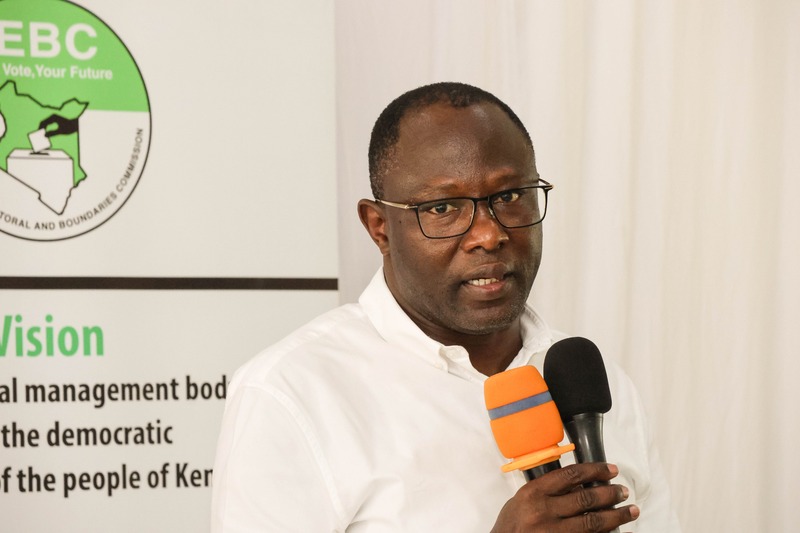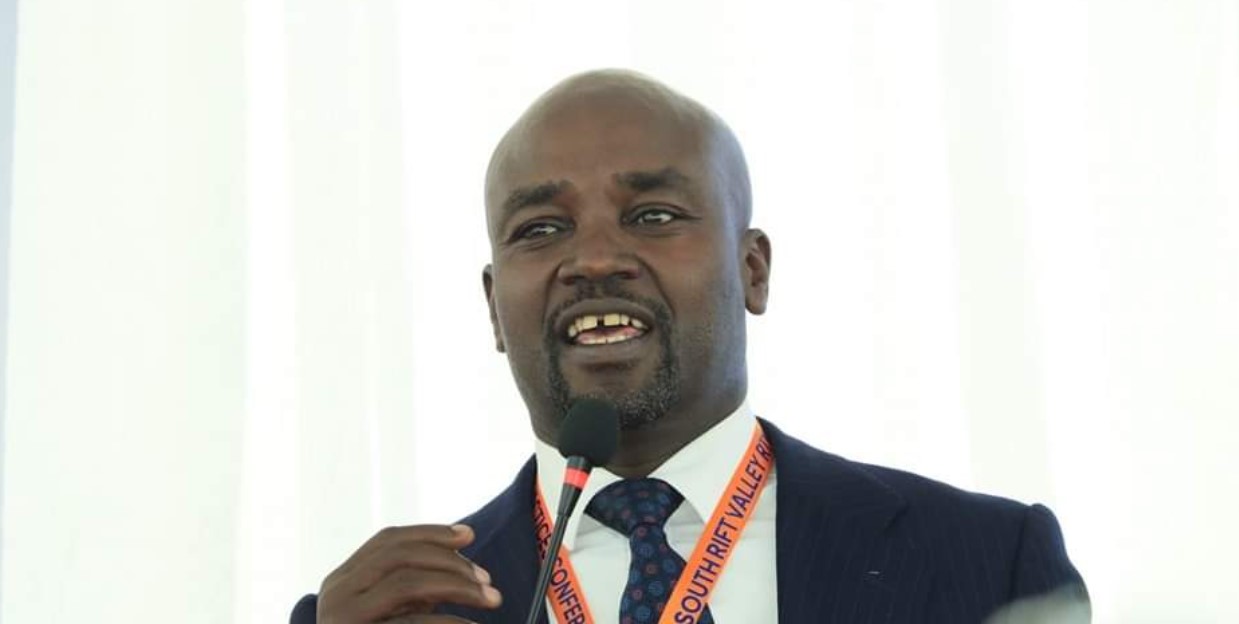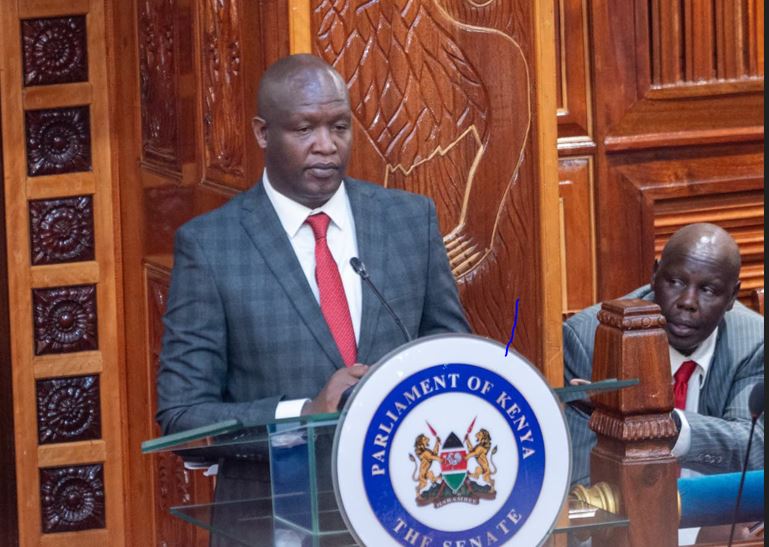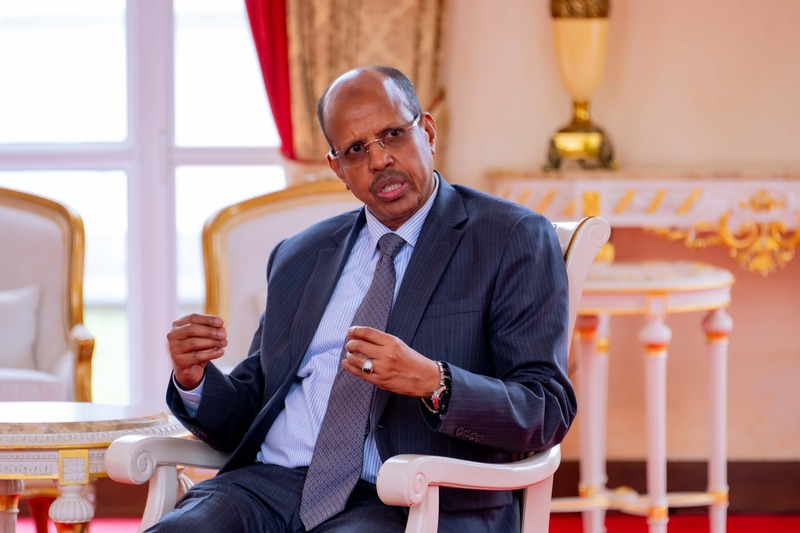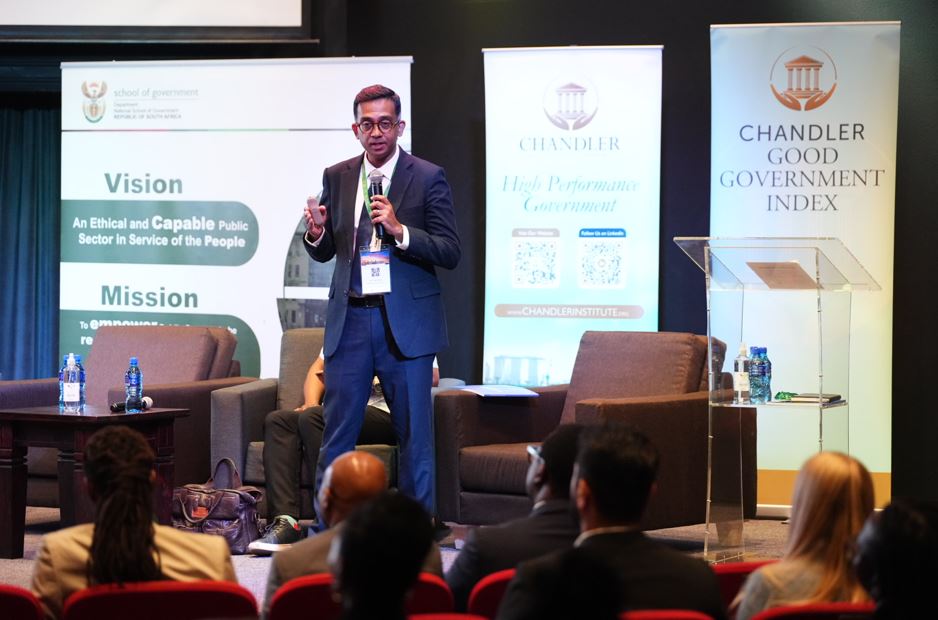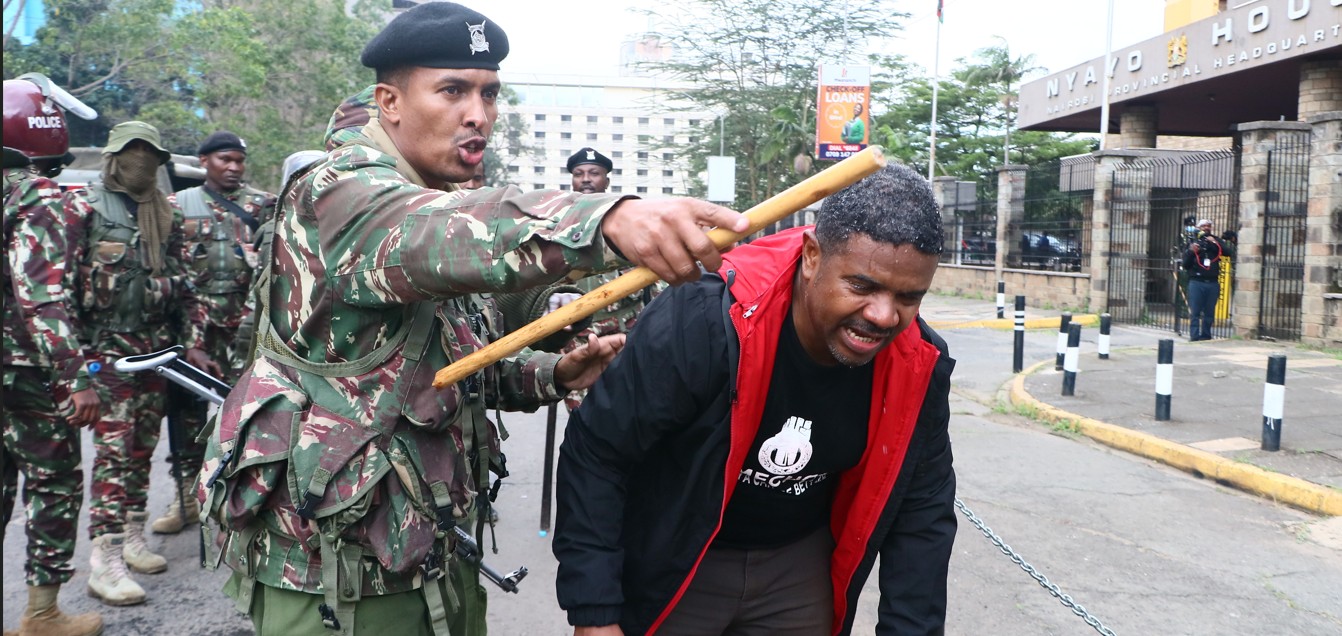High Court halts construction of church at State House pending constitutional review
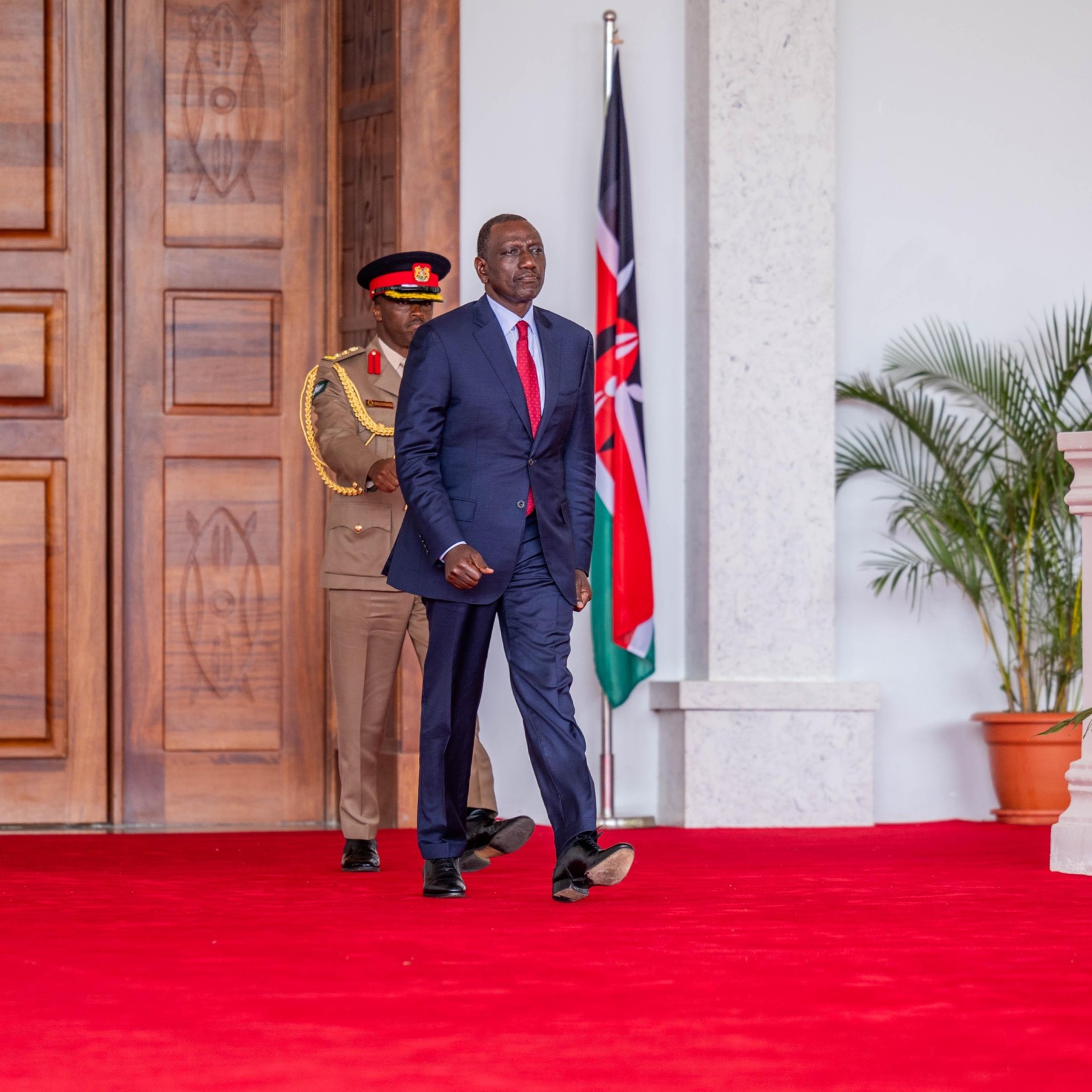
The decision follows a petition filed by civil society groups challenging the controversial Sh1.2 billion church project.
The High Court has temporarily halted the government from building religious structures at State House, Nairobi, or any other state-owned property, citing Kenya’s secular constitution and the urgent need for judicial review.
The decision follows a petition filed by civil society groups challenging the controversial Sh1.2 billion church project.
More To Read
- Civil society groups move to court to stop Ruto’s Sh1.2 billion State House church project
- President Ruto distributes business equipment to Nairobi youth groups
- Ruto revives ‘Hustler’ wave with youth empowerment drive ahead of 2027 polls
- Court declines to stop construction of Sh1.2 billion mega church at State House
- State House faults 'The Economist' over editorial on Kenya's authoritarian drift
- Auditor-General Nancy Gathungu slams Office of the President for stalled small claims courts in Nairobi
In a ruling on Thursday, Justice Chacha Mwita issued a conservatory order restraining the government, its officers, and anyone acting on its behalf “from constructing a permanent church or building associated with any religious faith within the Grounds of State House, Nairobi or any other State House or State Lodges until 18th November 2025.”
Transparency International Kenya, the Kenya Human Rights Commission, Inuka Kenya ni Sisi, and the Institute of Social Accountability, along with the Katiba Institute and the State Law Office, filed the petition. The groups argue that the construction of a religious facility inside State House violates Article 8 of the Constitution, which upholds the separation of State and religion.
Justice Mwita said the case raised questions of significant constitutional importance.
“I am satisfied that the application and petition raise fundamental constitutional and legal questions touching on State and religion which require urgent investigation and further consideration by the court,” Justice Mwita said.
The court directed that all pleadings be served on the parties immediately, with responses to be filed within seven days. The petitioners were also given an additional seven days to submit supplementary affidavits and written submissions, while respondents and interested parties were allotted a similar period.
The matter is set for a hearing on November 18, 2025.
The ruling included a penal notice warning that any defiance of the court’s order would carry legal consequences.
“Take notice that any disobedience or non-observance of the order of the court served herewith will result in penal consequences to you and any other person(s) disobeying and not observing the same,” reads the notice.
Through lawyer Lempaa Suiyanka, the civil society groups argued that President William Ruto’s direct involvement in the project undermines constitutional principles.
“The President of the Republic of Kenya has, through public statements and government action, confirmed his direct involvement in the construction of a church within State House Nairobi, a public institution and symbol of the Kenyan State,” reads the petition.
The petitioners contend that, despite claims of private funding, public resources are already being used, including land, facilities, and personnel, without public participation or parliamentary oversight.
They accuse the Head of State of abuse of office, misuse of public resources, and violation of Article 10(2), which enshrines national values such as transparency, accountability, and public participation.
“The reported construction of a religious facility within State House, a public property held in trust by the President, was carried out without any form of consultation. This omission violates the constitutional principle of participatory governance,” Lempaa argues.
The case follows separate petitions filed by rights advocates Levi Munyeri and Dunstan Riziki, who also sought to block the church project.
The civil society groups say allowing construction to continue would erode public trust and cause irreparable harm to constitutional values.
Top Stories Today
